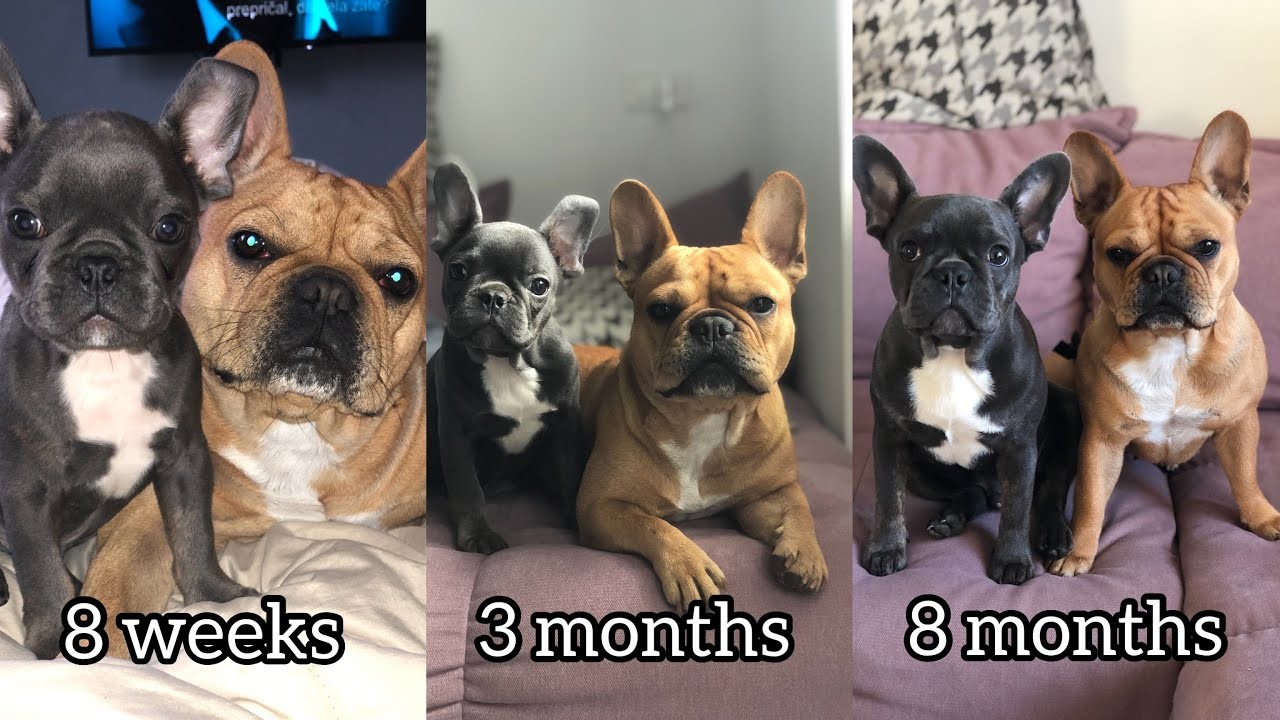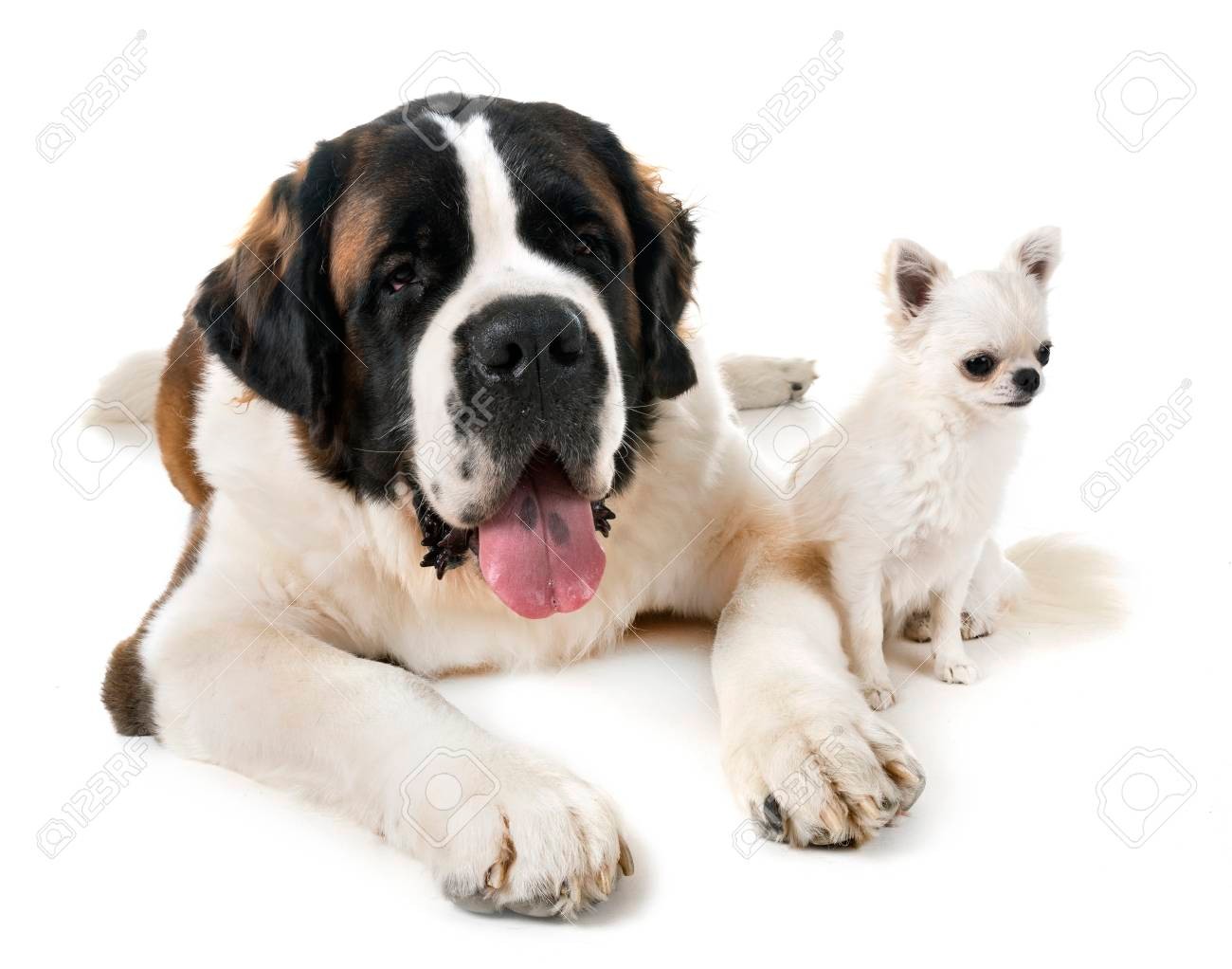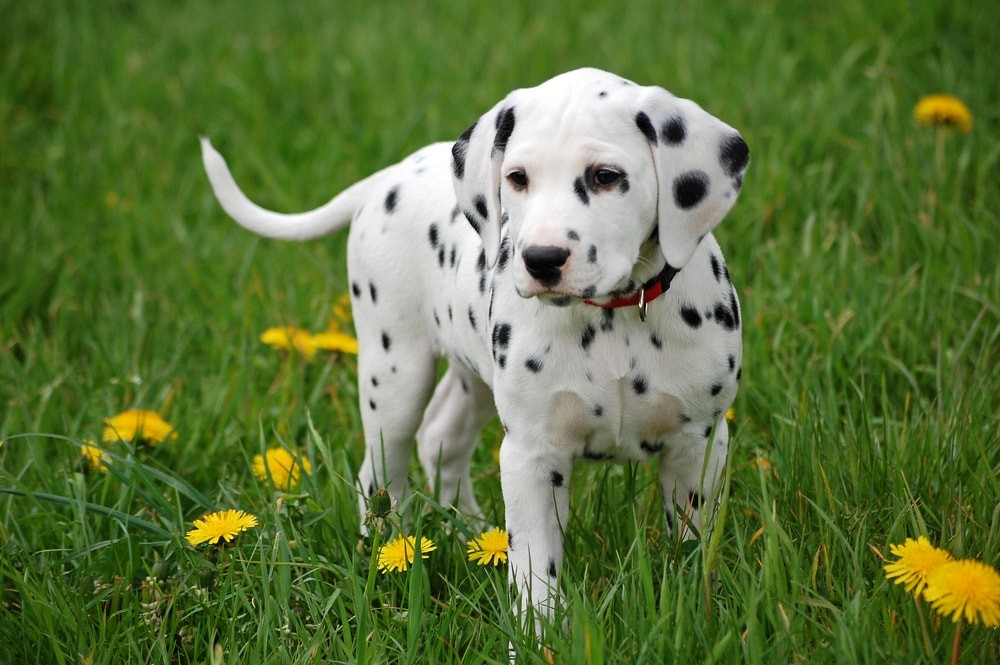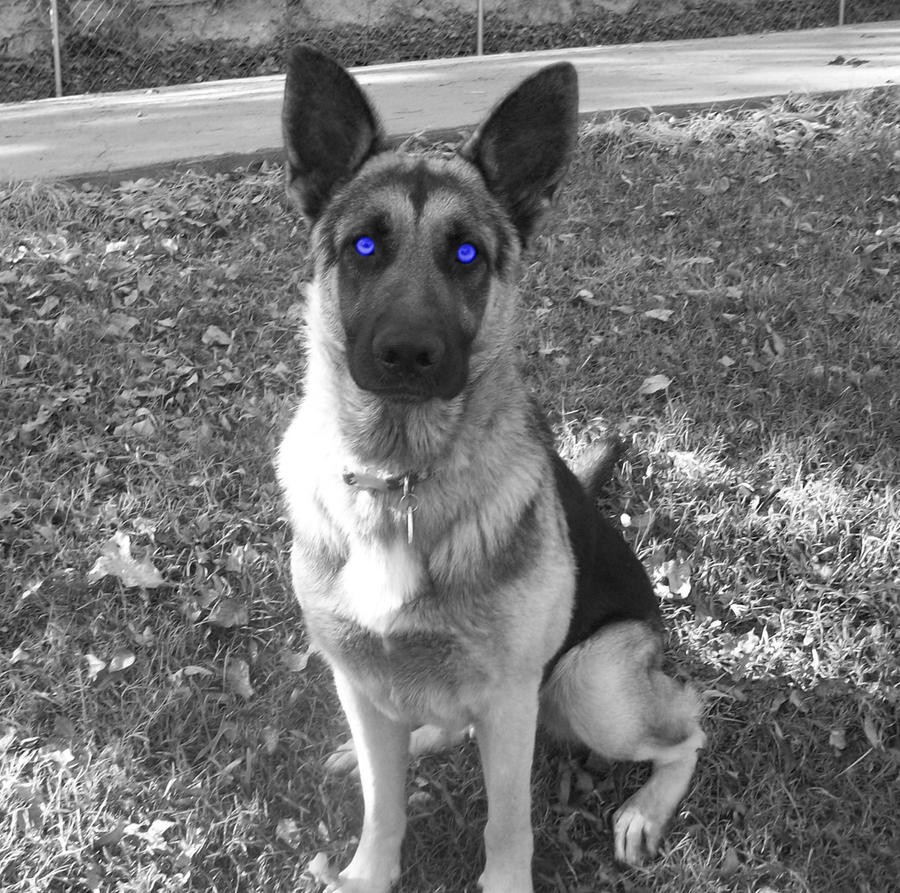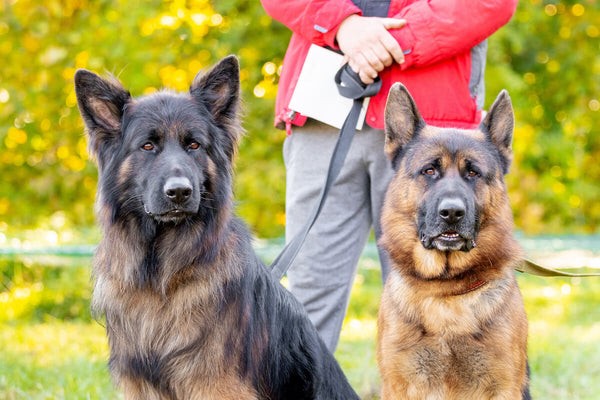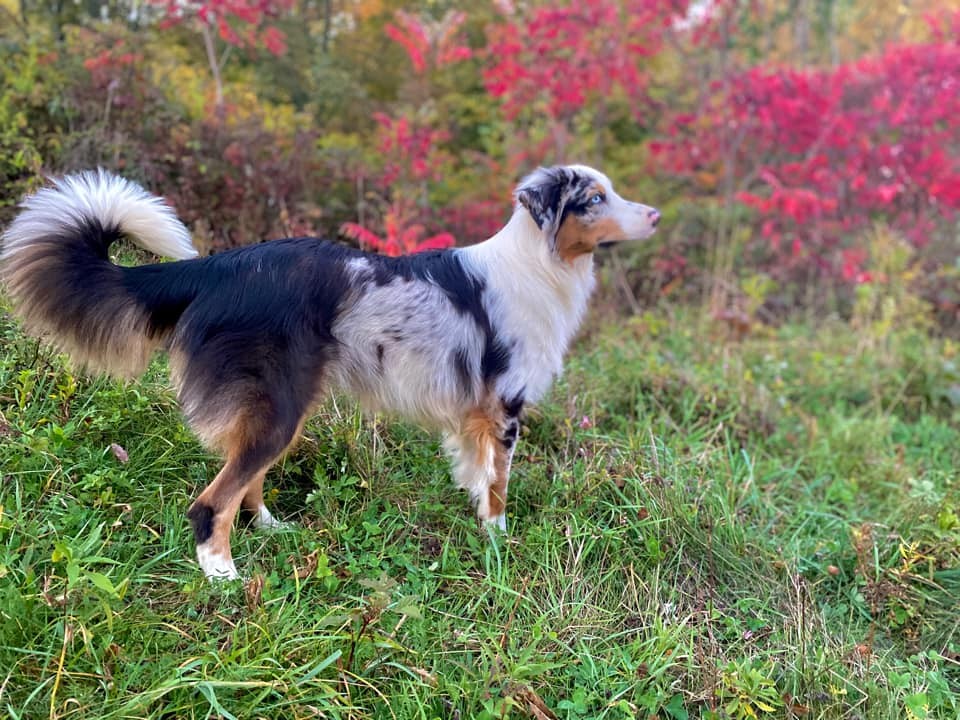Understanding Your 3-Month-Old French Bulldog: A Critical Development Guide
Explore the crucial juvenile stage of French Bulldog development at 3 months, when puppies exhibit increased independence and require specialized care. Learn essential training techniques, health considerations, and social development milestones that shape these distinctive pets into well-adjusted adult dogs.
The Dangerous Reality of Saint Bernard-Chihuahua Designer Dogs
Breeding Saint Bernards with Chihuahuas poses severe ethical concerns and health risks due to extreme size differences between the breeds. Veterinary professionals strongly oppose this dangerous mix that could lead to fatal complications for both mother and puppies.
Are Dalmatians Good Family Dogs? A Complete Guide for Parents
Discover whether Dalmatians make suitable family pets, especially with children over 6 years old. This comprehensive guide examines their high energy needs, training requirements, and health considerations to help families make an informed decision.
Understanding Aggression in Golden Retrievers: Causes, Prevention and Management
While Golden Retrievers are renowned for their gentle nature, various factors can influence aggressive behaviors in this beloved breed. This comprehensive guide examines the genetic, medical and environmental triggers of aggression, along with effective training strategies for maintaining their characteristic friendly temperament.
Essential Guide to Raising an 8-Week-Old Australian Shepherd Puppy
Discover comprehensive guidelines for training, socializing, and caring for an Australian Shepherd puppy at 8 weeks old. Learn critical milestones, health monitoring requirements, and structured routines needed to develop a well-adjusted adult dog.
Rare Blue-Eyed Black German Shepherds: A Genetic Marvel with Special Care Needs
Discover the fascinating genetic variation of blue eyes in black German Shepherds, a rare trait occurring in less than 5% of the breed. Learn about the health considerations, breeding challenges, and special care requirements for these unique dogs.
Understanding Cocker Spaniels and Allergies: What You Need to Know
Despite their moderate shedding, Cocker Spaniels are not hypoallergenic dogs due to their year-round dander production and allergenic proteins. Learn about managing allergies and alternative breeds for sensitive individuals seeking a furry companion.
Dachshunds and Allergies: Understanding the Truth About These Non-Hypoallergenic Dogs
Despite their small size, Dachshunds are not hypoallergenic and can trigger allergic reactions through dander, saliva, and other allergens. While proper grooming helps reduce exposure, those with dog allergies should carefully consider alternatives like Miniature Schnauzers or Yorkshire Terriers.
King Shepherd vs German Shepherd: Key Differences Between Two Noble Breeds
Explore the distinct characteristics of King and German Shepherds, from physical traits to temperament and health considerations. While sharing common ancestry, these breeds offer unique advantages for different owner needs and lifestyle preferences.
Australian Shepherd Tail Genetics: Natural Variations and Docking Practices
Explore the complex genetics behind Australian Shepherd tail variations, where 80% are born with full tails while 20% have natural bobtails. Learn how breeding practices and global regulations are reshaping approaches to tail docking in this beloved breed.
